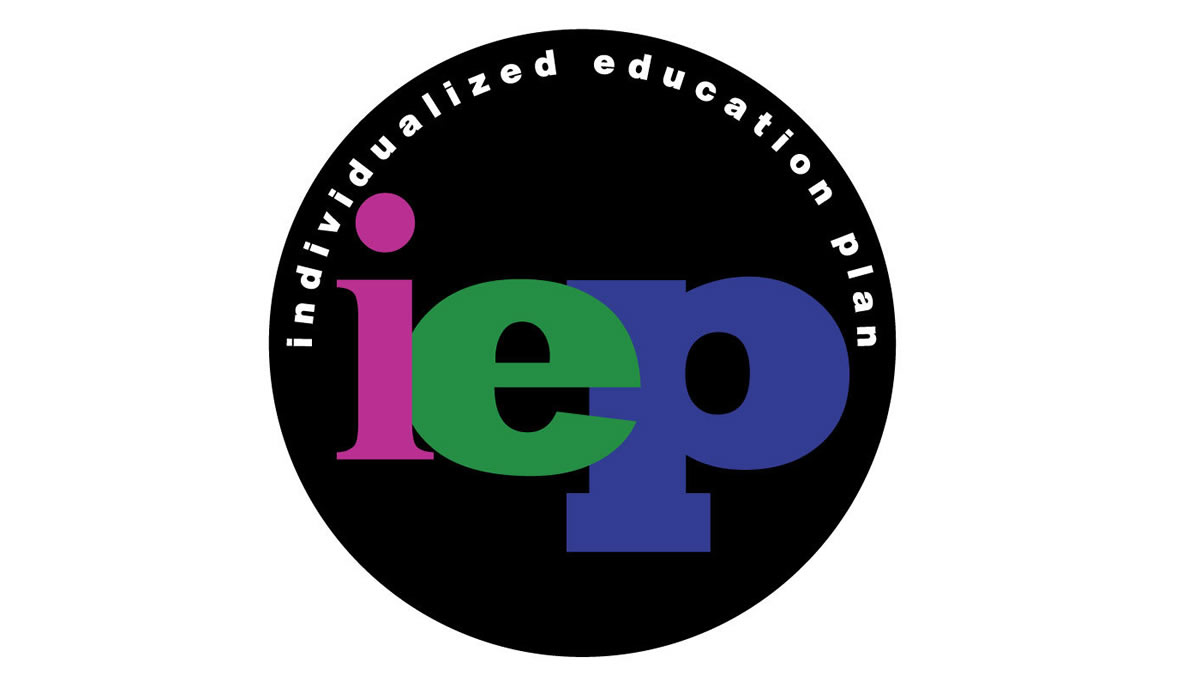Answered by Diane Beresford, Special Education Resource Teacher
An Individual Education Plan (IEP) is a written plan describing the special education program and/or services required by a particular student, based on the student’s assessed strengths and needs which impact the student’s ability to learn and demonstrate learning. It is a record of particular accommodations needed to help the child to achieve his or her learning expectations, and may include modified curriculum expectations, and if required, alternative expectations not represented in the Ontario curriculum, (Ministry of Ontario, The Individual Education Plan: A Resource Guide, 2001). Click here to read the LD@home article Accommodations, Modifications & Alternative Skill Areas for Students with LDs for more information on this topic.
The IEP is a working document, and as such, may be updated and adjusted as needed, at any time during the school year, based on the student’s assessed achievement of learning expectations. Principals and teachers can support parental and student involvement (16 years of age or older), by providing opportunities for meaningful input to the development of the IEP, and by maintaining open lines of communication (note: there may be times when it is appropriate to include students under the age of 16).
Prior to a meeting with the school team to review the IEP and its implementation, it would be important for parents to identify those components of the IEP which are currently effective, and those specific areas of concern. For example:
- Are the identified ‘strengths and needs’ current and accurately reflected?
- Do the Instructional, Environmental and Assessment Accommodations outlined in the IEP align with the student’s strength and needs (specifically required by the student to access the curriculum)?
- Which accommodations are working well and enabling your child to acquire the knowledge and skills at the regular grade-level and to demonstrate his or her learning independently?
- Are the accommodations being implemented consistently?
- For Modified learning expectations or Alternative programs, are the learning expectations/skills to be achieved realistic and easily understood by you?
- Is your child familiar with the available accommodations and learning expectations in his or her IEP, and can he or she self-advocate to access supports, as needed?
Participating in the planning of your child’s IEP, and maintaining open lines of communication with educators will keep you informed of your child’s progress, and provide all parties the opportunity to ask questions or raise concerns. Parents, students and educators all play important roles in the planning and implementation of a student’s special education program.
 Diane has been an educator for over 28 years, with the past 18 years in the area of Special Education. Currently employed with the Peel District School Board as a Special Education Resource Teacher, she consults with classroom and special education teachers, and works collaboratively with administrators and school teams to support children who present with a variety of learning differences, including learning disabilities.
Diane has been an educator for over 28 years, with the past 18 years in the area of Special Education. Currently employed with the Peel District School Board as a Special Education Resource Teacher, she consults with classroom and special education teachers, and works collaboratively with administrators and school teams to support children who present with a variety of learning differences, including learning disabilities.

